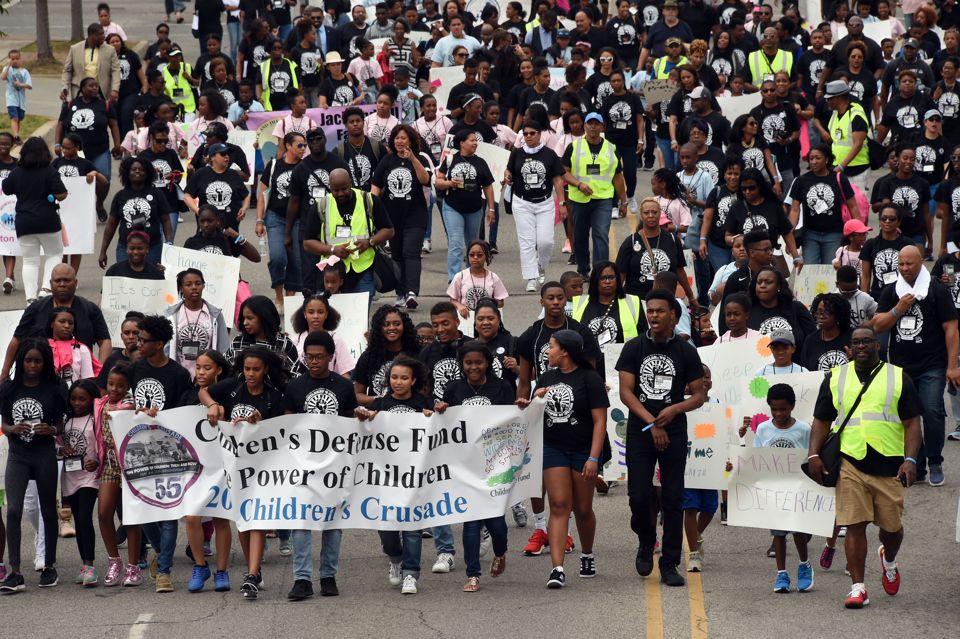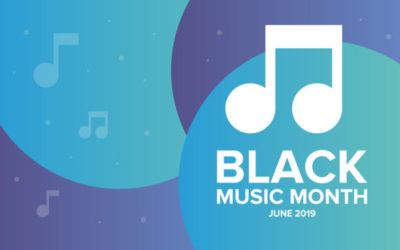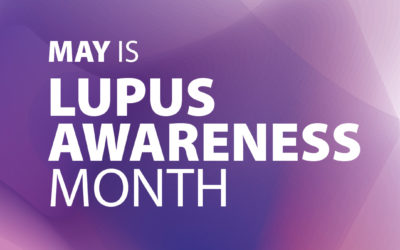“Conversations on Caregiving”: Three frank, videotaped discussions of some of the key issues associated with caring for our loved ones. The Conversations provide information, resources and sage advice that will help African Americans take better care of their loved ones and themselves.
Dear Sisters and Brother Morris:
It is with great pleasure that I provide you with links to the “Conversations on Caregiving” videos that so many of you participated in at the Salamander Resort & Spa in September. What a wonderful exchange of information, personal stories and advice we had! With these videos, we have an opportunity to provide information and resources to African-American families well beyond those that attended the “Because We Care™” forums. This is largely due to your time, enthusiasm and input and that of the representatives some of you sent in your stead.
As many of you are aware, November is National Family Caregivers Month. The “Conversations on Caregiving” are available on The Black Women’s Agenda website (www.bwa-inc.org) and possibly as a link on the AARP site. BWA is also delighted to make the videos available to you, our National Collaborating Organizations, to post on your organizations’ website. Directions for downloading the videos can be found below as well as the links to each conversation. I suggest posting the discussion on “The Health Impact of Caregiving” first as it includes an introduction to the “Conversations.”
- The Health Issues Associated with Family Caregiving: A Conversation Hosted by The Black Women’s Agenda, Inc.
Download: Youtube - Understanding the Legal Issues Associated with Family Caregiving: A Conversation Hosted by The Black Women’s Agenda, Inc.
Download: Youtube - The Financial Impact of Family Caregiving: A Conversation Hosted by The Black Women’s Agenda, Inc.
Download: Youtube
Instructions for Downloading
Underneath the video title there is a “Download” link. Click the Download link and a window will expand giving you four different download options. For best broadcast quality, click HD 1080p. For something smaller in size, click HD 720p.
Again, my sincere thanks for supporting this project. I’m looking forward to your feedback.
Warm regards,
Gwainevere Catchings Hess
President
The Black Women’s Agenda, Inc.
OTHER NEWS
SPOTLIGHT FEATURE ON JACK AND JILL OF AMERICA, INC.
To be valued and loved. To know who you are and that you have the power to make a
difference. These are the aspirations that most mothers have their children. In 1938, in the midst
of the Great Depression, twenty African-American mothers in Philadelphia came together not to
hope or to dream, but to provide the opportunities, experiences, and life lessons that would
enable their children and others to live these truths. Their group became Jack and Jill of
America, Inc. – an organization that’s mission is as relevant today as it was some 80 years ago.
JUNE IS AFRICAN AMERICAN MUSIC APPRECIATION MONTH
This June, The Black Women’s Agenda, Inc. (BWA) joins our nation in celebrating the 40th Anniversary of African American Music Appreciation Month.
The month-long observance, which was first inducted on June 7, 1979, by President Jimmy Carter was christened as Black Music Month. President Barack Obama renamed the national observance as African-American Music Appreciation Month. The observance was created to recognize and celebrate the historical influence African-Americans have had on the music industry and is intended to pay homage to the many artists, writers, songs and albums that have inspired music lovers and shaped American pop culture.
May Is Lupus Awareness Month
In honor of Lupus Awareness Month, the Lupus Foundation of America released a new survey they recently commissioned which reveals the need for better public understanding of this devastating autoimmune disease and why early diagnosis is so important.
According to the Lupus Foundation of America, “The survey sample was designed to be reflective of the U.S. population’s diverse demographics. Women of color are at two to three times greater risk for developing lupus than Caucasian women. However, over half of respondents (62%) didn’t recognize that minority populations were disproportionately impacted by lupus.
Minority women tend to develop lupus at a younger age, experiencing more serious complications and have higher mortality rates. This was reflected among minority respondents who indicated they were also more worried about developing the disease than others surveyed: 44% compared to 29% of the sample overall.”
© 2025 The Black Women’s Agenda, Inc. All Rights Reserved. Privacy Policy








